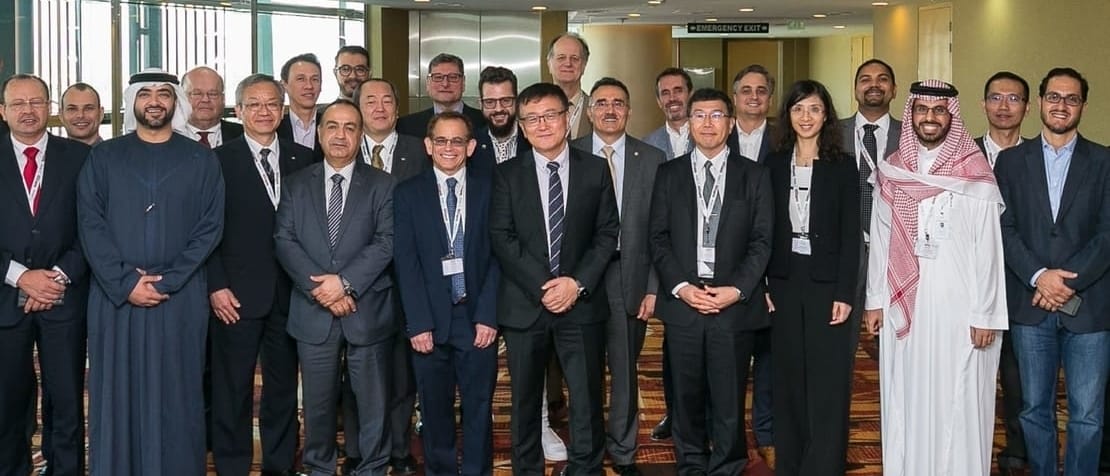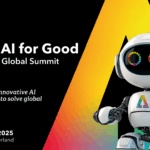Security and privacy by design, open APIs, network virtualization, identity and authorization, analytics and accessibility have been identified by industry leaders as core principles to guide ITU standardization work towards 2020.
This was the collective view of a meeting held yesterday between ICT industry executives and the management of the ITU Standardization Bureau alongside the Telecom Review Summit in Dubai, UAE. The ‘CxO meeting’ brought together representatives of companies including China Mobile, Du, Ericsson, Fujitsu, Huawei, NEC, Nokia and Telus to discuss emerging industry needs and associated standardization priorities.
Learn more about the discussions and see all organizations represented in the CxO meeting communiqué.
The meeting called on network operators to support the shift to a smarter society by building ICT platforms characterized by efficiency, interoperability, scalability, and reliability and security.
The meeting highlighted key principles to guide related ITU standardization work:
- Security and privacy by design, considering security and privacy from the outset of ICT services’ development through to the proactive monitoring and protection of live services.
- Open APIs, enabling third parties to access and build on network capabilities to develop innovative new services.
- Network virtualization, capitalizing on techniques including network function virtualization (NFV) and software-defined networking (SDN) to support services in demand of low latency and high efficiency and flexibility.
- Identity and authorization, providing for the reliable identification essential to secure, efficient service provision.
- Analytics, supporting the development of evidence-based, data-driven ICT services.
- Accessibility by design, mainstreaming the consideration of the needs of the elderly and persons with disabilities to build inclusive ICT solutions.
RELATED: 5G update: New ITU standards for network softwarization and fixed-mobile convergence
5G systems and artificial intelligence (AI) were highlighted as fields of innovation emblematic of the shift to a smarter society.
The CxO meeting recognized that 5G development is well underway in R&D labs and standards bodies but pointed to range of hurdles still to be overcome en route to 5G deployment. Impactful, cost-efficient, sustainable 5G innovation, said CxOs, will demand spectrum availability and harmonization; a unified 5G network architecture allowing for flexibility, automation and fixed-mobile convergence; large-bandwidth backhaul and fronthaul solutions; and clear strategies for the migration from 4G to 5G systems.
The meeting categorized AI-driven services and network-management techniques – such as customer behavior analytics; dynamic network-resource provisioning and optimization; and predictive network maintenance – as either intra-network or inter-network use cases, the latter requiring interface standards for control and negotiation. CxOs considered ITU well-placed to develop such interface standards, in addition calling for more attention to be devoted to the performance benchmarking and certification of AI techniques.
RELATED: ITU launches new Focus Group to study machine learning in 5G systems












